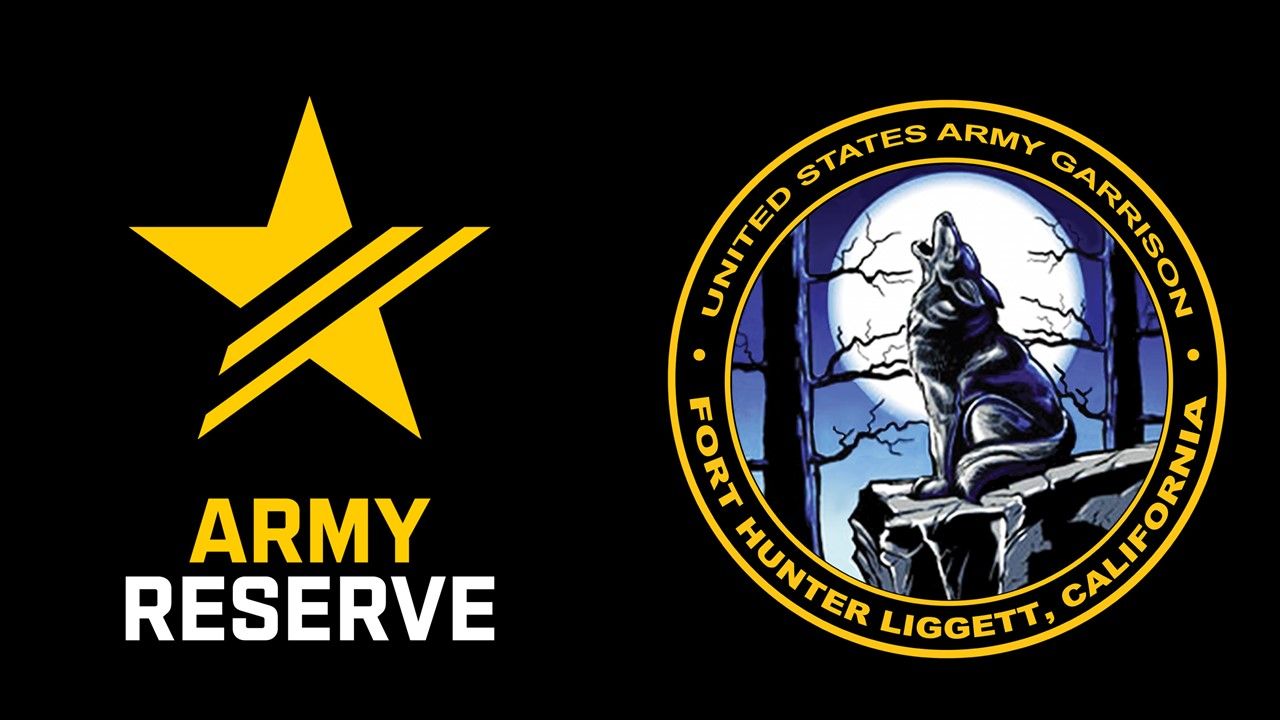Range and Training Land Assessment (RTLA) component collects and analyzes land condition information to ensure training lands can support training loads. Information gathered through RTLA feeds TRI decision support and the LRAM project development process.
Planning assessments can be iterative due to the complexities associated with planning and coordinating LRAM projects. When a scope change occurs for an LRAM project, that project’s RTLA support is also subject to change. RTLA planning and coordination includes:
- Coordination with ITAM and Range staff to determine LRAM and TRI support priorities
- Developing assessments that address the management of landscape conditions identified in the ITAM Plan
- Entering assessments into the ITAM Workplan as activities and linking those assessments to land management objectives created to manage landscape conditions in support of training missions
- Developing assessments that address TRI decision support, entering those assessments into the ITAM Workplan as activities, and linking them to the TRI objective
- Coordinating and conducting project planning fieldwork with ITAM staff and DPW personnel (Natural and Cultural Resources; Environmental Compliance; Real Property )
- Acquiring and maintaining materials, equipment, and supplies.





